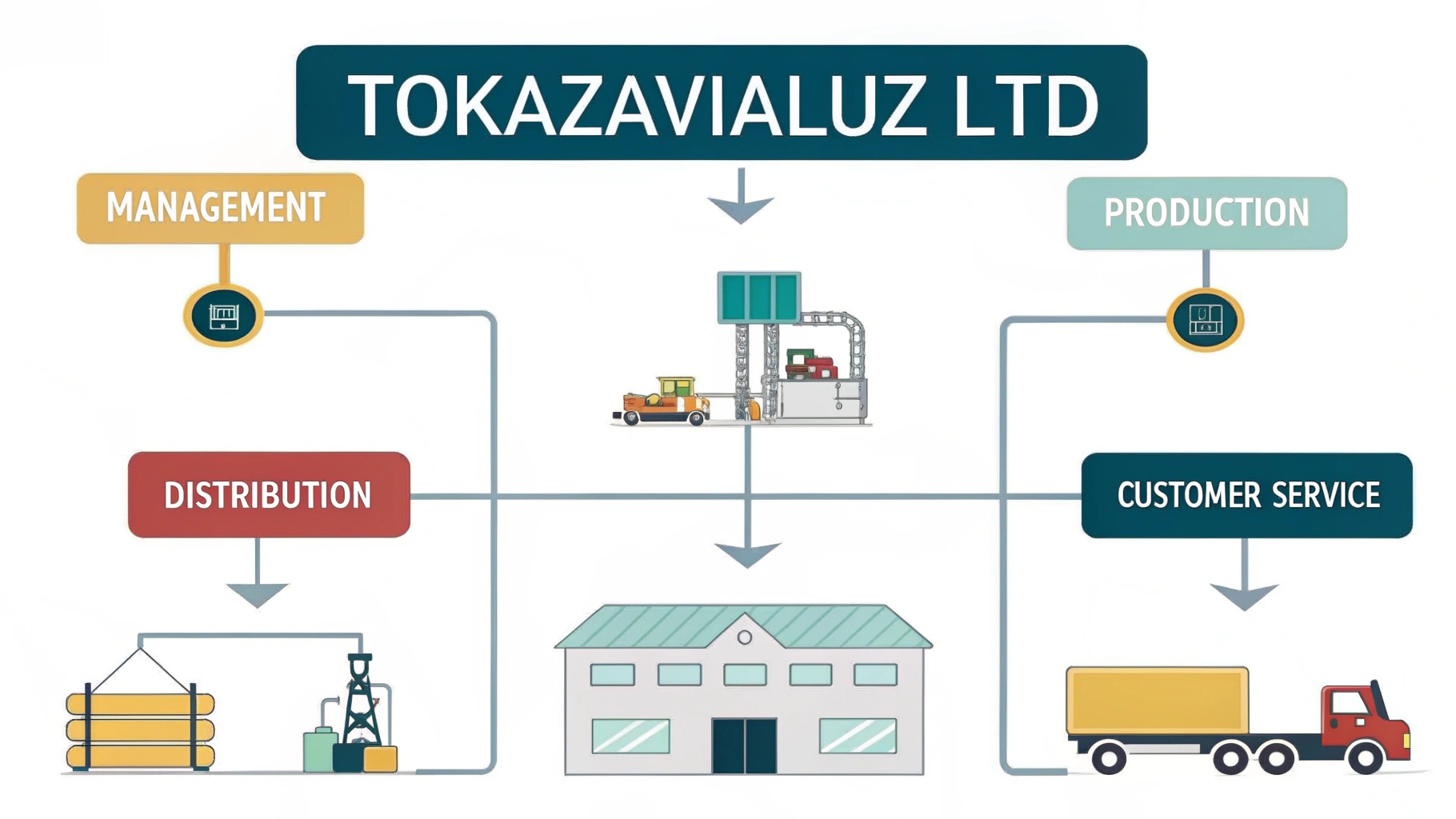When people think about the costs of higher education, tuition is the first thing that comes to mind. But many are surprised by how much more there is to pay for beyond just the tuition fees. These extra costs can include everything from housing and textbooks to meal plans and transportation. However, not everything in college requires an extra charge. One significant service often covered by tuition is academic counseling. This comprehensive guide will explore what is considered an additional cost beyond tuition for higher education, what is not, and how to navigate these expenses wisely.
Understanding College Costs
To understand what is and isn’t considered an additional cost beyond tuition, it’s important first to break down the typical expenses that come with a college education.
- Tuition: This is the baseline cost of attending college. It covers the instruction you receive from professors and access to some campus facilities.
- Room and Board: This includes your housing (whether dormitory or off-campus housing) and meal plans.
- Textbooks and Supplies: While some schools offer programs that include textbooks, most students will need to budget for these on their own.
- Transportation: Getting to and from campus, whether it’s a daily commute or traveling during breaks, can add up.
- Personal Expenses: These are miscellaneous costs such as entertainment, toiletries, and other day-to-day living expenses.
But there are certain services that do not require additional payment. These are typically already included in the tuition fees.
What Is Not Considered an Additional Cost Beyond Tuition for Higher Education?
1. Academic Counseling
Academic counseling is not considered an additional cost beyond tuition. Colleges and universities generally include access to academic advisors and counselors in their tuition fees. These professionals help students plan their course schedules, ensure they meet graduation requirements, and provide guidance for academic success.
Most institutions offer academic counseling services without any extra fees because they are seen as essential to students’ educational progress. Whether you need help choosing a major, figuring out which classes to take, or staying on track for graduation, this resource is usually covered by tuition.
2. Campus Facilities
In many cases, the use of campus facilities, such as libraries, computer labs, and fitness centers, is included in the tuition. These are part of the overall student experience, and schools do not usually charge extra for them.
3. Basic Health Services
Many universities provide access to basic health services as part of their tuition. These services might include basic medical consultations, mental health counseling, and wellness programs. While more specialized health care may come with additional fees, general health services are often covered.
4. Student Activities and Organizations
Access to student clubs, organizations, and certain events on campus is typically included in the tuition. These activities are part of creating a vibrant student life and building a community, so schools encourage participation by making them free or low-cost.
5. Online Learning Platforms
With the rise of hybrid and online learning options, many schools have started providing online platforms for free as part of the tuition. These platforms often include digital textbooks, videos, quizzes, and forums that support learning without requiring students to spend extra money.
What Is Considered an Additional Cost?
Now that we know what’s typically included in tuition, let’s explore some common costs that are not covered and can catch students off guard.
1. Room and Board
While academic counseling is free, room and board are significant expenses that can sometimes even exceed tuition costs. Depending on whether you live on or off campus, the costs of housing, meal plans, and utilities can quickly add up.
2. Textbooks and Course Materials
Textbooks are infamous for their high prices, and they are often not included in the tuition. Many students opt to buy used books, rent them, or purchase digital versions to cut down on costs, but even then, it can be a significant expense. Some courses also require specific supplies, such as art materials or lab equipment, which are extra costs as well.
3. Technology and Software
Depending on your major, you may be required to purchase specific software or equipment. For example, engineering students may need particular programs for modeling, or art students might need design software. Laptops or tablets are also necessary for most students, and they are not covered by tuition.
4. Transportation
Commuting to campus or traveling for internships can be costly. Public transportation passes, gas for driving, and parking fees are usually out-of-pocket expenses for students.
5. Study Abroad Programs
If you plan to study abroad, most universities will charge extra for this experience. While tuition may cover the cost of instruction, travel expenses, room and board in the foreign country, and additional fees usually apply.
6. Health Insurance
While basic health services might be included, many universities require students to have health insurance. If you are not covered by a parent’s plan, you may have to buy a student health insurance plan through the school, which can be an added cost.
7. Meal Plans
Although access to campus dining halls is convenient, meal plans are typically an additional expense beyond tuition. Schools offer different levels of meal plans, with higher costs for more flexible or all-inclusive options.
8. Extracurricular Activities
While many student organizations are free, some extracurricular activities, especially those involving sports, music, or other specialized interests, may come with additional fees. For example, joining a sports team might require purchasing equipment, or participating in certain clubs might have membership dues.
9. Campus Parking
For students who drive to campus, parking can be an expensive additional cost. Many schools require students to purchase parking permits, which can cost hundreds of dollars a year.
10. Graduation Fees
Finally, when it comes time to graduate, many schools charge a fee to cover the cost of the ceremony, diploma printing, and other related expenses. This is typically a one-time cost but can still be an unexpected expense.
How to Manage Additional Costs Beyond Tuition?
Managing these additional costs requires careful planning and budgeting. Here are some tips to help reduce the financial burden.
1. Apply for Scholarships and Grants
There are many scholarships and grants available that can help cover additional expenses. Scholarships can be based on merit, financial need, or even specific skills and talents. Look into all the opportunities your school and outside organizations offer.
2. Use On-Campus Resources
Since academic counseling and other resources like libraries and health services are included in tuition, make the most of them. Seek out free tutoring services, take advantage of the fitness center, and participate in free student activities.
3. Buy Used or Rent Textbooks
Instead of buying new textbooks, look for used copies or rent them for the semester. Many students also sell their books at the end of the term, which can help recoup some costs.
4. Consider Living Off-Campus
In some cases, living off-campus can be cheaper than paying for a dorm and meal plan. However, this will depend on the local housing market and whether you are willing to cook your meals and manage your utilities.
5. Work-Study Programs
Many colleges offer work-study programs, allowing students to work part-time jobs on campus. These jobs often have flexible hours that fit around your class schedule and can help cover personal expenses.
Final Thoughts
Understanding the costs of higher education can be overwhelming, but knowing what is and isn’t included in tuition is the first step toward effective financial planning. Services like academic counseling are a valuable resource that can be used without additional cost, helping students navigate their academic journey without adding financial stress. By being aware of the extra costs and planning accordingly, students can avoid financial pitfalls and make the most of their college experience.
FAQs
1. Which is not considered an additional cost beyond tuition for higher education?
Academic counseling is typically not an additional cost and is included in the tuition.
2. Are textbooks included in tuition fees?
No, textbooks are usually an additional cost that students must budget for separately.
3. Does tuition cover meal plans?
No, meal plans are generally an extra expense beyond tuition.
4. What campus services are included in tuition?
Services like academic counseling, access to libraries, and some health services are included.
5. Do universities provide free health services?
Basic health services are often covered, but specialized care or health insurance may be an extra cost.
6. Are student activities free in college?
Many student clubs and organizations are free, but some may charge membership dues or fees for special events.
7. Is campus parking included in tuition?
No, campus parking typically requires purchasing a permit and is an additional cost.
8. What is a graduation fee?
A graduation fee covers the costs of the ceremony, diploma, and other related services.
9. Are online learning platforms included in tuition?
Many universities include access to online learning platforms as part of tuition.
10. Is transportation to and from campus included in tuition?
No, transportation is an additional cost students need to budget for.





